Key Takeaways:
- Understanding the various types of senior care available is crucial for making informed decisions.
- Technological advancements are enhancing the quality of life for seniors and facilitating their care.
- Early planning and awareness of legal and financial considerations are pivotal in elderly care.
- Support systems and innovative care models present new opportunities for aging individuals.
Table of Contents
Introduction to Elderly Care
The shifting dynamics of our aging population have brought elderly care to the forefront of societal challenges. With the increase in life expectancy, families and communities are seeking sustainable and compassionate types of senior care that can adapt to diverse needs while ensuring a dignified life for seniors. The concept of elderly care spans from personal in-home companionship to specialized healthcare in institutional settings, and recognizing the right choice becomes pivotal in honoring our elders’ preferences and well-being.
Types of Elderly Care Available
When delving into elderly care, one encounters a tapestry of services designed to cater to the myriad of needs that aging can bring. In-home care represents a personalized approach, assisting with day-to-day activities while maintaining the comfort of one’s home. Assisted living facilities offer a communal environment with more hands-on support, and nursing homes deliver intensive healthcare services for those facing more severe medical conditions. Recognizing the scope and function of each option empowers families to choose with confidence and care.
For those seeking further insights into the breadth of long-term care services, the National Institute on Aging presents an invaluable resource, laying out the options available and assisting in identifying the most fitting care paths.
In-Home Care Versus Assisted Living
The decision between in-home care and assisted living hinges on weighing the benefits of personalized attention against the appeal of readily available care and social engagement. In-home care nurtures independence and holds tightly to familiar surroundings, yet often requires a patchwork of services and scheduling that can become intricate. Assisted living environments – such as those provided in this memory care Woodbridge CT facility – help to mitigate these complexities by offering a structured care system, with amenities and social activities enriching seniors’ lives. Nonetheless, it may only be suited for some, as it involves transitioning to a new living space.
The Role of Nursing Homes
Nursing homes fulfill an essential role within the spectrum of elderly care. They provide a sanctuary for individuals whose medical needs exceed what family care or other care models can offer. Within these facilities, trained staff provide comprehensive medical care and help manage the complex health conditions often accompanying advanced age. The decision to entrust a loved one to a nursing home is fraught with emotion. However, understanding their role can provide solace in knowing that committed professionals are dedicated to the residents’ health and dignity.
Innovative Elderly Care Models
The evolving landscape of elderly care continues to yield innovative models that break the mold of traditional care settings. Concepts like co-housing, where seniors share common spaces while maintaining private residences, foster community and support. NORCs—Naturally Occurring Retirement Communities—arise organically as residents age in place, fostering a collective identity and mutual aid among neighbors. Such creative arrangements are reshaping expectations of senior living, introducing flexibility and community-based support into the equation.
Paying for Elderly Care
The financial aspects of elderly care often loom large in the planning process. The avenues through which care is funded are as varied as the options, ranging from personal savings and Long-term care insurance to veteran benefits and Medicaid. Understanding the labyrinth of paying for care is a task that necessitates astute planning and a comprehensive grasp of available resources. Resources such as those provided by USA.gov can prove indispensable for those navigating the fiscal aspects of arranging quality care for their loved ones.
Legal and Ethical Considerations in Elderly Care
Elder law encompasses many concerns, from estate planning to healthcare directives and guardianship. It is a specialized field that requires careful consideration, particularly as ethical questions intersect with legal requirements. The rights of the elderly, particularly in cases where mental faculties may be waning, must be preserved and respected. Ethical challenges often present themselves in end-of-life decisions, and clear, legally sound directives can guide these complex moments.
Elderly Care Technology Advances
Technological innovation has ushered in a new era of elderly care, introducing devices and software that enhance communication, safety, and health monitoring. Smart home gadgets can automate tasks and ensure safety, while wearable technology monitors vital signs, detecting potential health issues before they become emergencies. Seniors are often more receptive to technology when they comprehend its benefits and ease of use—factors that tech developers are increasingly prioritizing to accommodate the elderly better.
Supporting Family Caregivers
Family caregivers are often the unsung heroes, seamlessly integrating the care of their loved ones into the fabric of their daily lives. The responsibility is considerable, and the emotional, physical, and financial strain cannot be overlooked. Building a solid support network is essential, and many organizations offer resources, workshops, and respite care that can alleviate the burden. Recognizing and affirming the efforts of these devoted family members is a critical component in the comprehensive care for the elderly.
Preparing for the Future of Elderly Care
Current trends in demographics, technology, and societal attitudes toward aging are shaping the future of elderly care. The rise of senior specializations, telemedicine, and personalized care indicates a broader shift towards a more tailored approach to elder care. Encouragingly, society is beginning to celebrate longevity and seek ways to make the latter years as fulfilling as possible. For those confronting the complexities of elderly care, preparing with anticipation and informed understanding will pave the way to more empowering and compassionate care options.


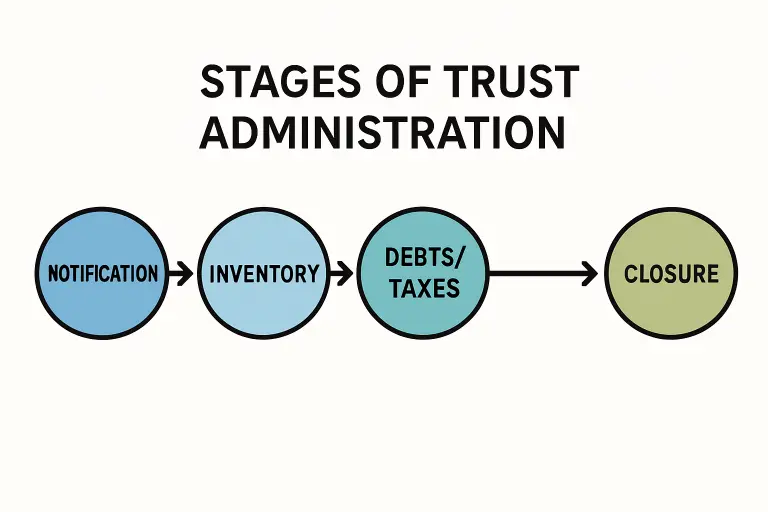


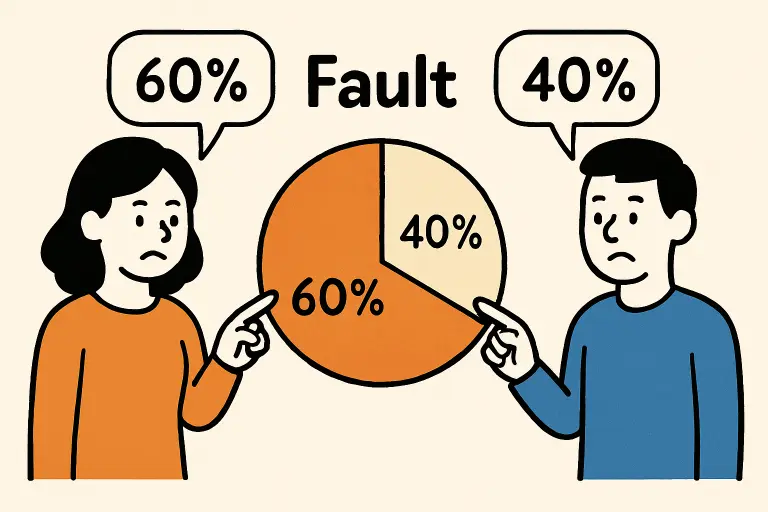
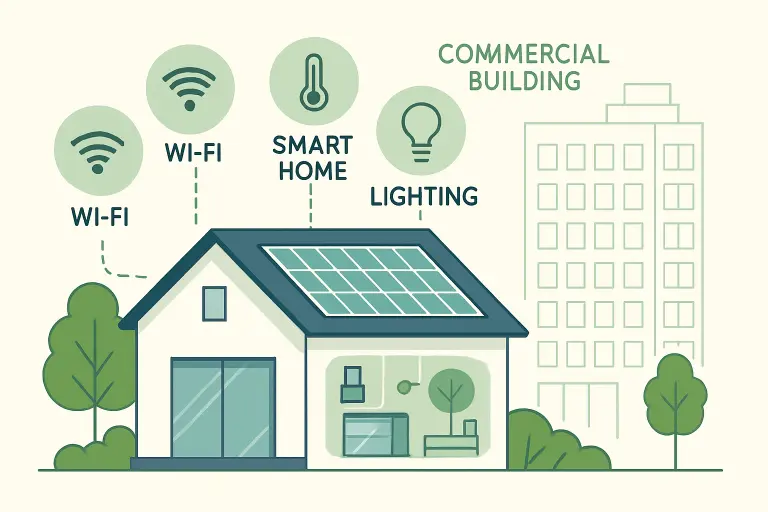










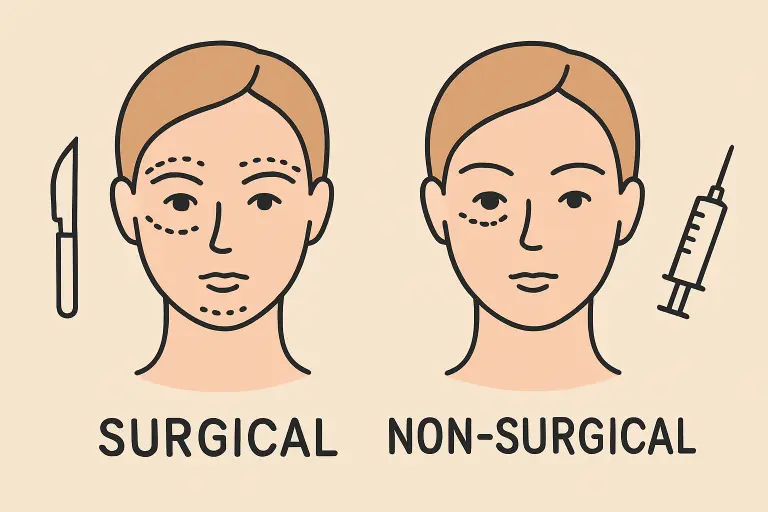
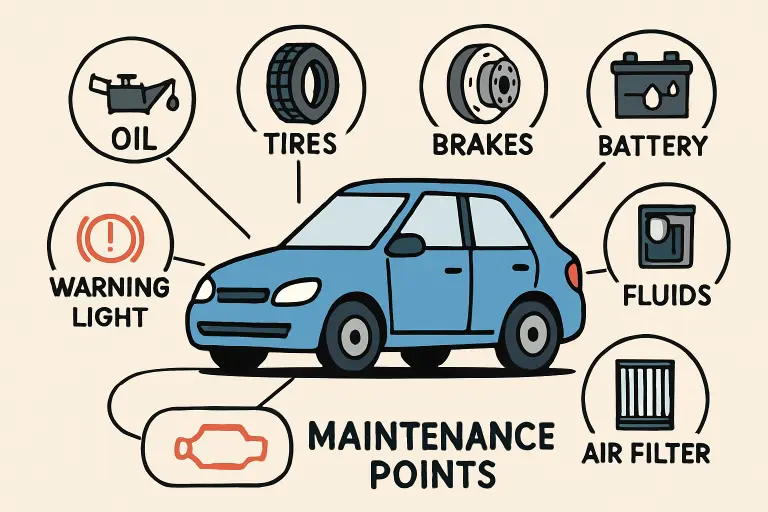













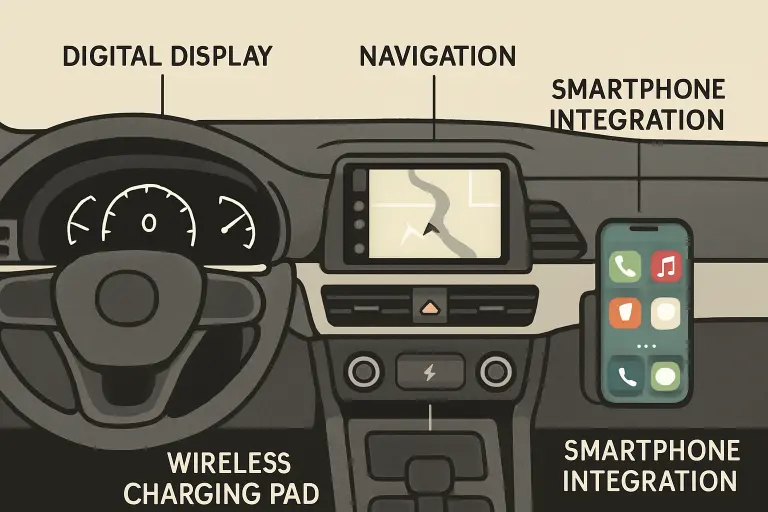

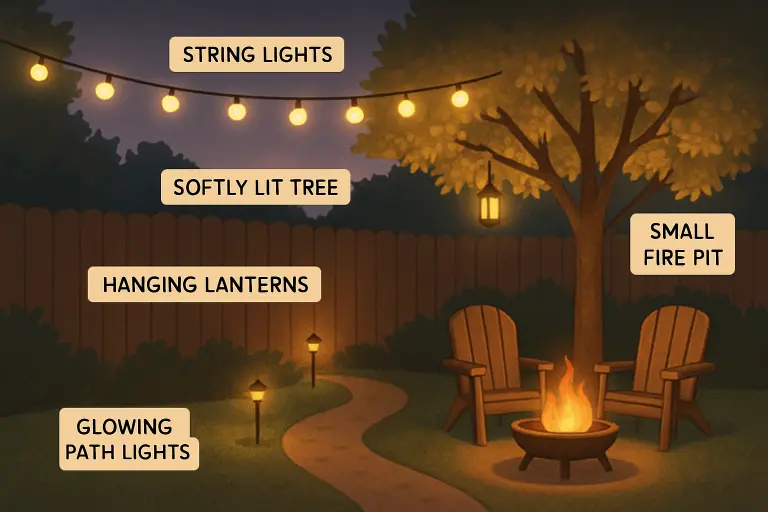




























































































































































































































































































































































































































































































































































































































































































































































































































































































































































































































































































































































































































0